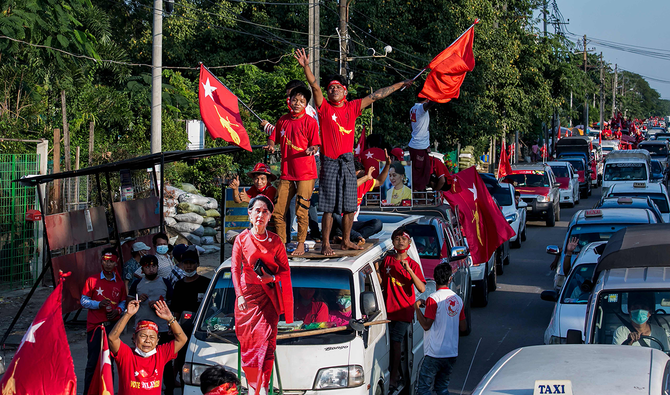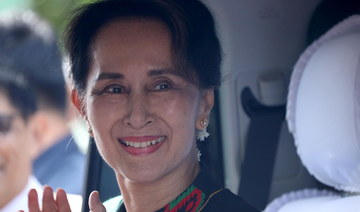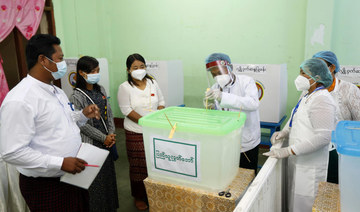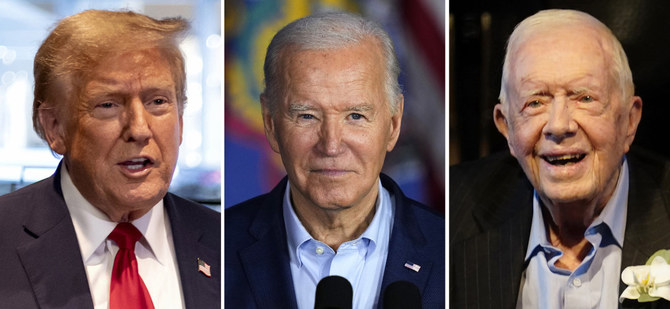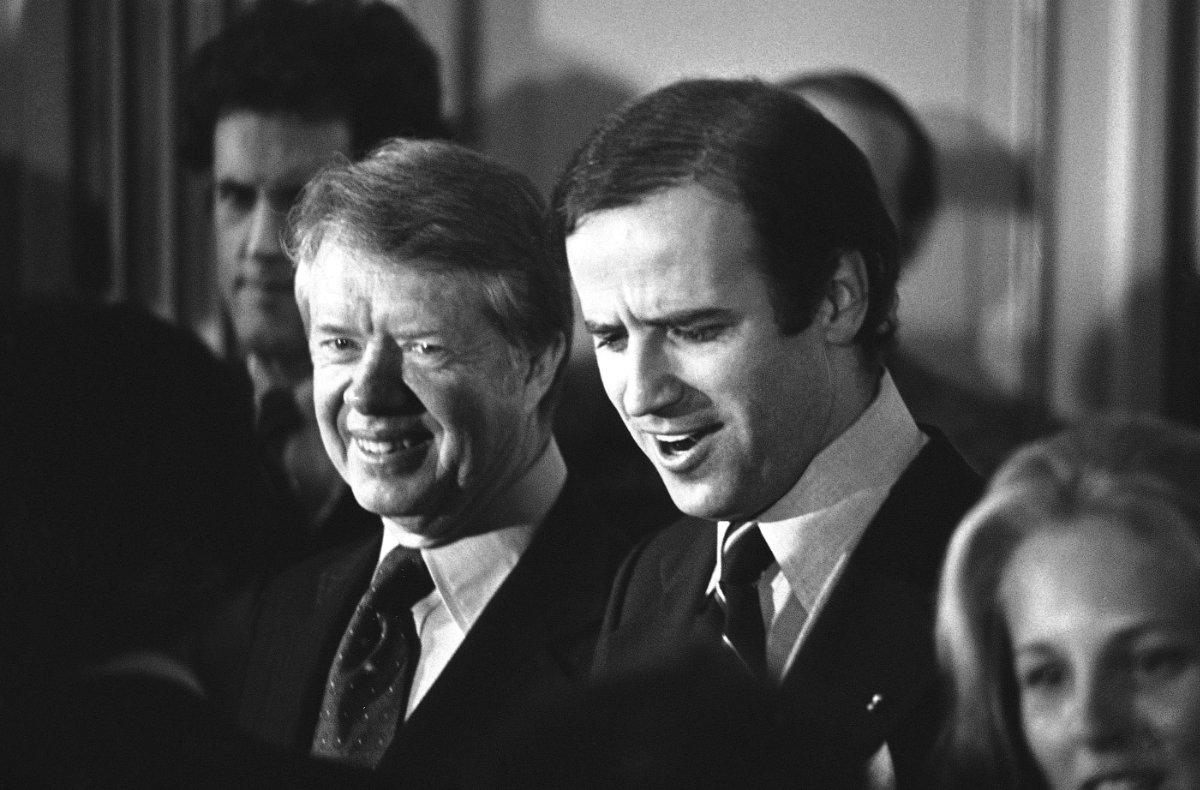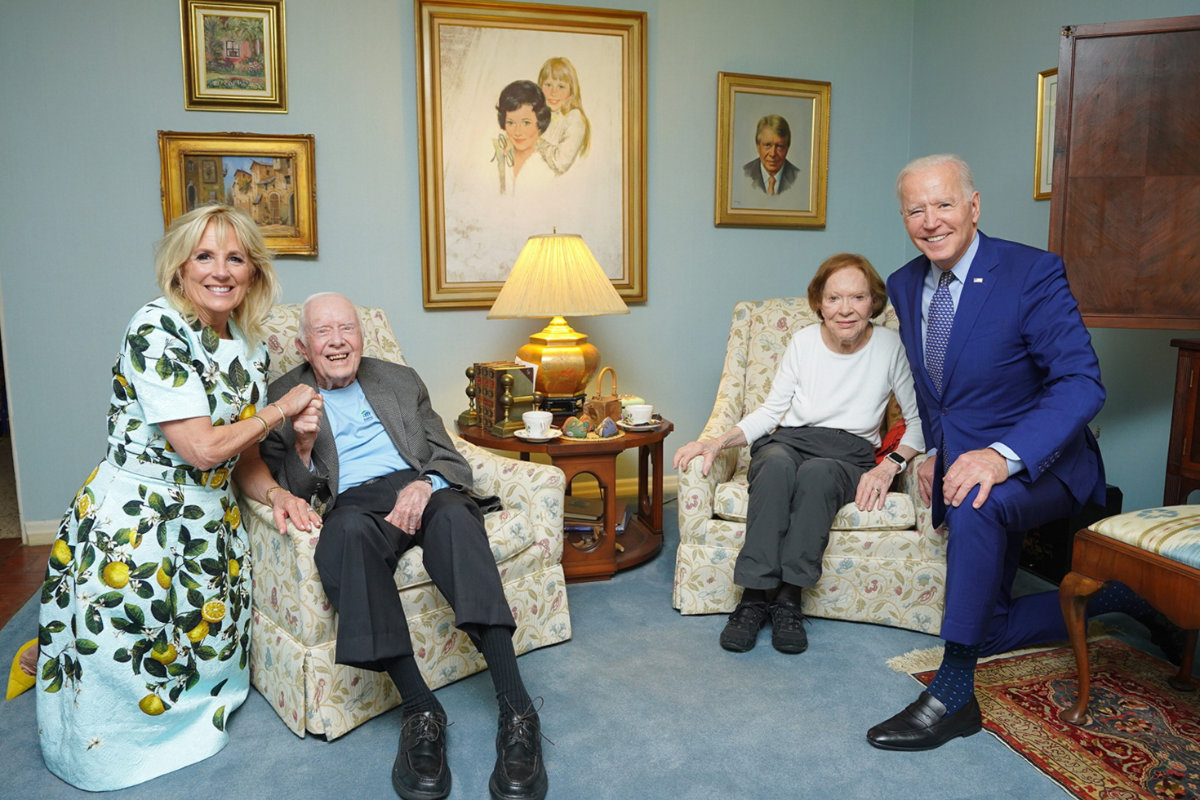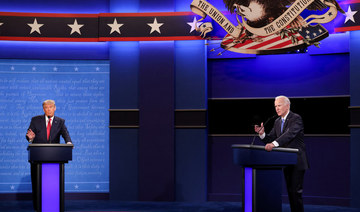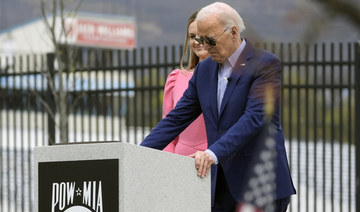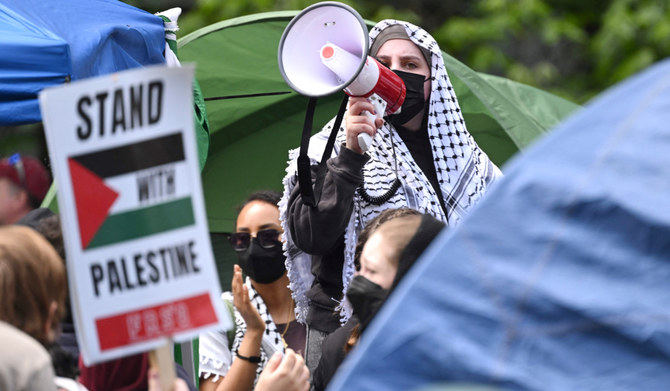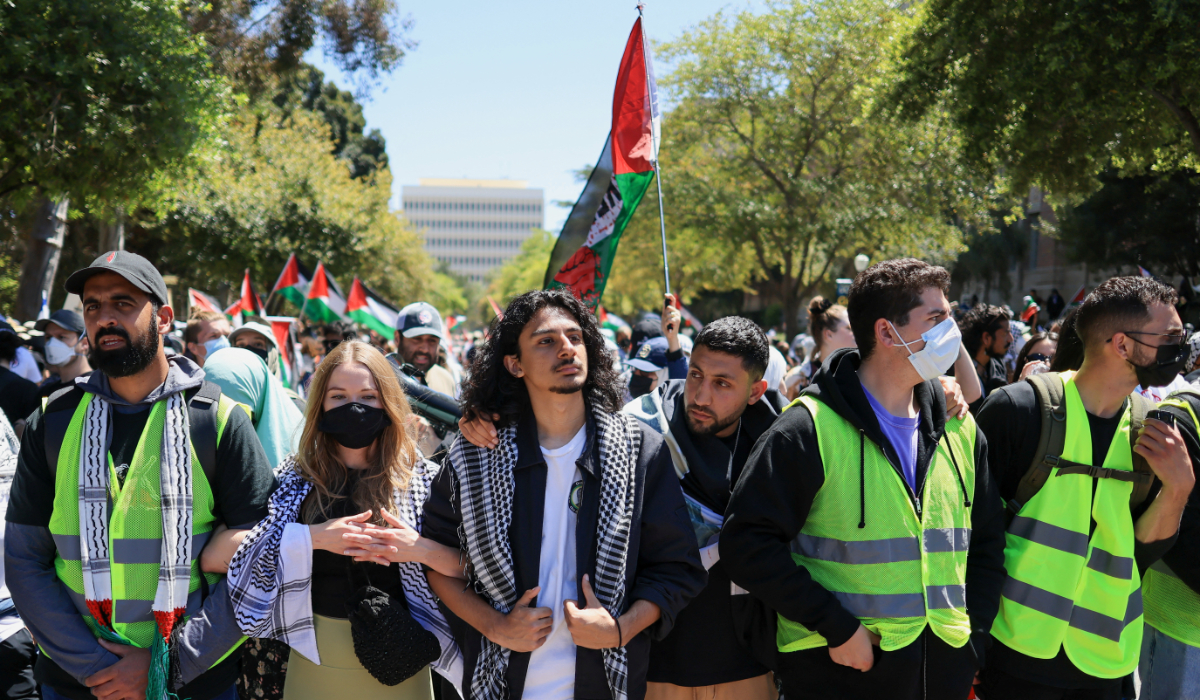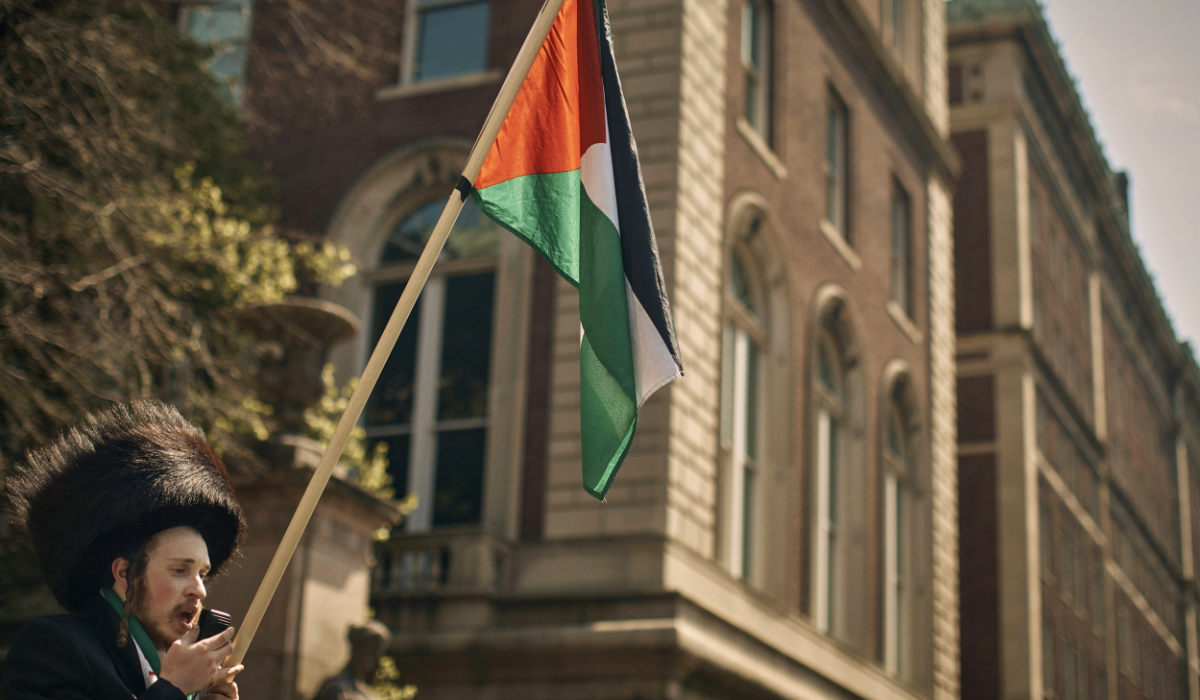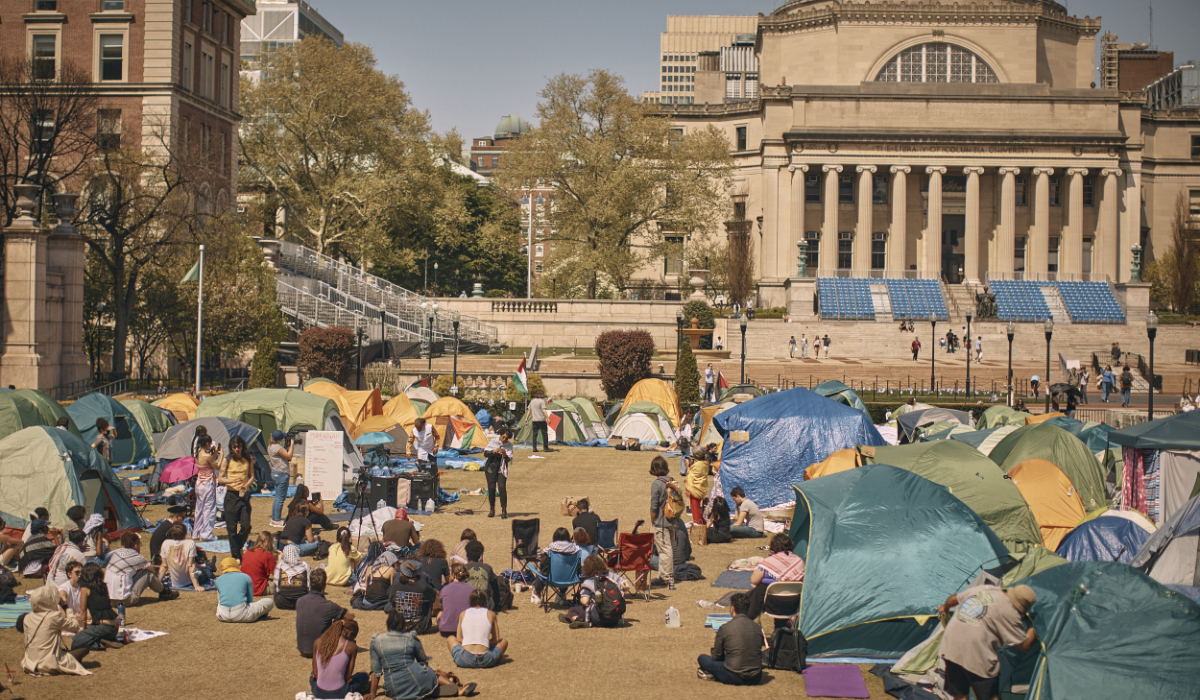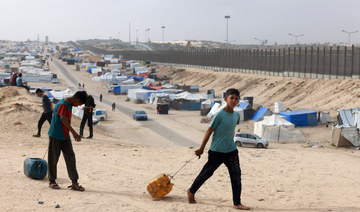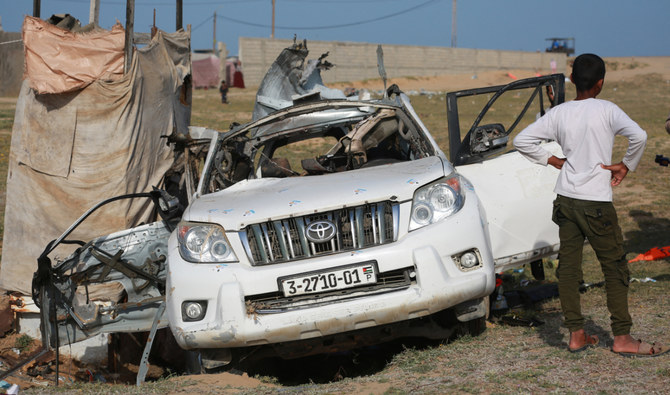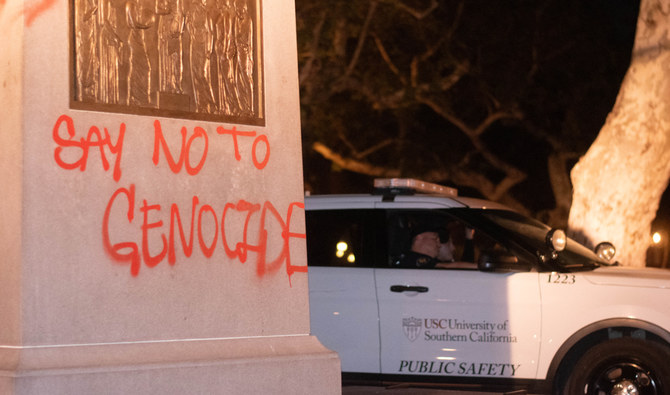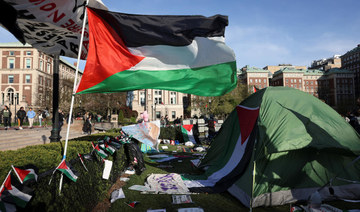YANGON: Myanmar’s ruling National League for Democracy (NLD) party has won enough seats in parliament to form the next government, according to the country’s election commission, even as the military-backed opposition called for a re-run of Sunday’s polls.
“The results are clearly pointing that NLD is a winning party. It so far wins 83 percent of the seats we have approved. So they clearly have rights to be in charge of union government for five years again,” Union Election Commission spokesperson Myint Naing told Arab News.
The NLD, led by Aung San Suu Kyi, secured 396 out of 473 seats — more than the 322 needed to win Sunday’s vote — and claimed a “landslide” win that “eclipsed” the victory seen in the 2015 elections.
“We have a bigger and greater victory this time. We just need to win 322 seats in Pyidaungsu Hluttaw,” NLD spokesperson Aung Shin said, using the Burmese term for the 642-member national legislature where 166 seats are reserved for military representatives as per the constitution.
However, the main opposition Union Solidarity and Development Party (USDP) — which won 30 out of 240 seats in the national legislature — contested the results, and called on the Union Election Commission (UEC) and the military to hold an election that is free, fair, unbiased and free from unfair campaigning,” citing “irregularities” in the electoral process.
“There were many irregularities, such as the advance vote arriving late to polling stations, and voter turnout in some polling stations surpassing the actual voter list,” USDP spokesperson Nandar Hla Myint said at a press conference in Yangon on Thursday.
He urged the public to submit “evidence of the fraud” so that the USDP could challenge the UEC “through legal procedures.”
He added: “If the UEC is really independent, it should, in cooperation with the military, hold a fresh election that is credible, free and fair.”
Myint was unavailable for comment when contacted by Arab News on Saturday.
The UEC, however, dismissed the “baseless accusations,” rejecting the opposition’’ call to hold fresh polls.
“There is no reason to hold a fresh election because of the baseless accusations against the commission. We practice the ultimate transparency in every single step of electoral procedures. So we challenge them to complain legally if they have any evidence of fraud,” Naing said.
More than 6,900 candidates from 92 political parties and independent campaigns contested the election this year, according to the US-based Carter Center.
The UEC’s statement was backed by local and international observer groups, including the Carter Center, which said there were “no major irregularities” in Sunday’s polls, based on their invigilation of polling stations across the country.
“The UEC took commendable steps to allow for greater participation in a challenging environment,” the Asian Network for Free Election, which observed 225 polling stations, said, adding that the “polling and counting operations were conducted diligently and transparently.”
However, the network said that Myanmar’s legal framework for elections continues to be “fundamentally undemocratic,” with 25 percent of all seats reserved for the military and “the disenfranchisement of large sectors of the population, including ethnic Rohingya and all members of religious orders.”
Suu Kyi’s handling of the Rohingya crisis has been a litmus test for the NLD leader who is well-liked within Myanmar, but has faced intense criticism over her treatment of the Muslim minority group.
Myanmar excluded more than 1.1 million Rohingya refugees in Bangladesh from voting on Sunday, including hundreds of thousands who fled from persecution at the hands of the Myanmar military in the Buddhist-majority country.
The Rohingya endured decades of abuse and trauma in Myanmar, beginning in the 1970s when hundreds of thousands sought refuge in Bangladesh.
Between 1989 and 1991, an additional 250,000 fled when a military crackdown followed a popular uprising and Burma was renamed Myanmar.
The latest Rohingya exodus to Bangladesh resumed in August 2017 following a military crackdown on the ethnic minority group in the country.
Sunday’s elections are Myanmar’s second since the end of the military dictatorship.
The military, which was once considered the backbone of the USDP party, however, seemed to distance itself from the opposition USDP’s stance.
In a statement released on Tuesday, it said that the elections had been conducted “successfully,” and urged all parties to “respect the results.”
“The results are clear, and we are soldiers. We have nothing to do with elections. Now we are prioritizing the peace talks to accomplish the mission of building peace throughout the country,” military spokesperson Zaw Min Tun told Arab News on Saturday.
He added that the military had also formed a committee to “speed up peace talks” with ethnic rebel groups after the process got stalled for several months due to the coronavirus pandemic.
Meanwhile, Shin said that once the government is formed, the NLD’s priority would be to work toward “building peace.”
“Peace is one of our first priorities. We need peace so that we can move the country forward. We have been trapped in a vicious cycle for a long time. So it is time to get out of it and move forward. To do this, we definitely have to bring an end to the civil war,” the spokesperson said.
In a surprise move on Friday, the NLD also requested all ethnic parties “to join them in building a federal union” to end the conflict.
The peace gesture was the first of its kind extended by the NLD since it came to power in 2015.
“There were misunderstandings between us and ethnic parties, and we would like to make it clear that we didn’t betray them. We would continue working with them because we always understand that we could not achieve our goal of building a federal union without their cooperation,” Shin told Arab News.
However, party leaders said it was “too early” to comment on the NLD’s offer and their “sincerity” toward ethnic minorities in the country.
“We welcome their offer because they are mighty. But we also witness their behavior of betraying us over the past five years. So it is too early to comment,” an anonymous ethnic party leader told Arab News.
Saturday’s poll results could also usher in renewed hope for the country’s troubled western region of Rakhine, which has been rocked by ongoing armed conflicts since 2018.
An uptick in fighting between the military and the Arakan Army (AA) — an ethnic rebel group in Rakhine — has left more than 300 civilians dead and thousands displaced in the region, resulting in the “world’s longest Internet shutdown” until August when the government finally lifted restrictions following local and international criticism.
It also led to the cancelation of elections in nine out of 17 townships in Rakhine due to security concerns, disenfranchising more than 1 million voters.
On Thursday, the AA declared a unilateral cease-fire until the end of the year so that by-elections could be held in constituencies. The group also urged the military to “halt ongoing offensives” in Rakhine.
The AA could not be reached for comment when contacted by Arab News on Saturday.
The military, for its part, welcomed the AA’s call for a cease-fire, and avoided using the term “terrorist” a the statement issued on Thursday.
Meanwhile, Pe Than, a winning candidate of the Arakan National party — the largest ethnic party in Rakhine state — said he hoped for the by-elections to be held “as soon as possible” as “war could be avoided.”
“Without elections and without their voices in parliaments, people will not trust the political system in the country. Some might even turn to armed resistance and revolution,” he told Arab News.
“So I hope there would be elections to give their representatives the ability to debate in parliament. War could be avoided if they have the rights to make their voice heard.”



